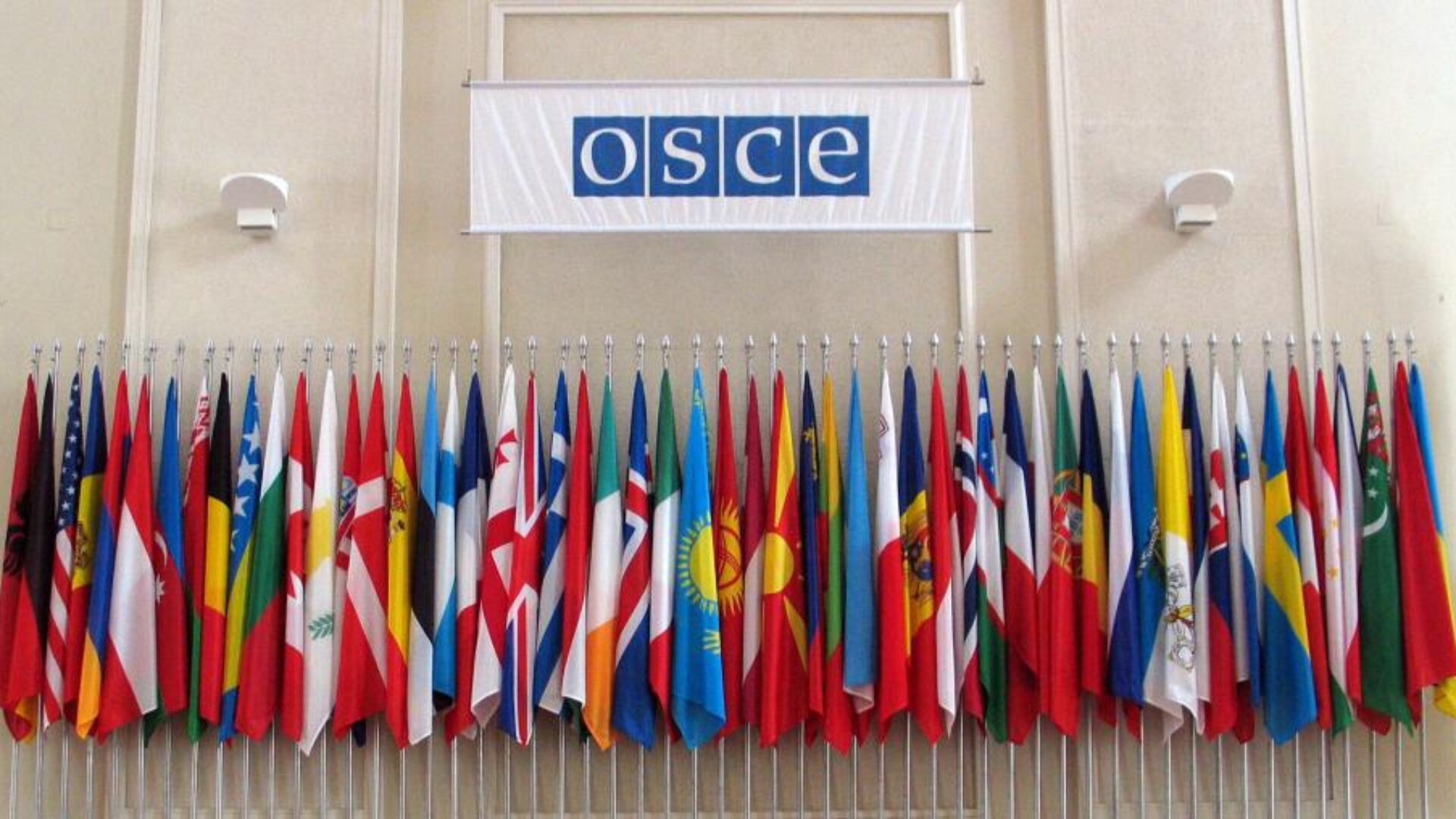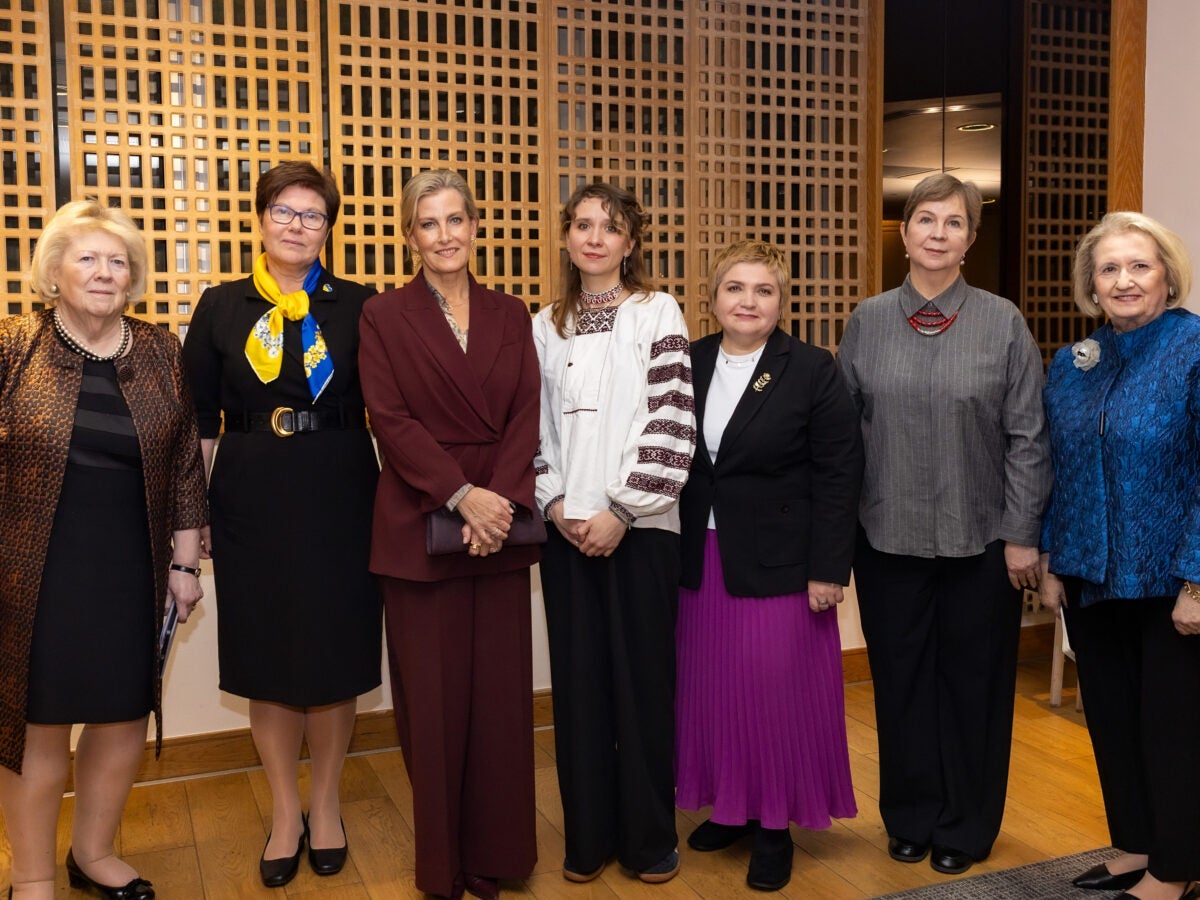Remarks to Mark the International Day for the Elimination of Sexual Violence in Conflict

Remarks of the OSCE Special Representative of the Chairperson-in-Office on Gender Ambassador Melanne Verveer. Delivered to the OSCE Permanent Council to mark the International Day for the Elimination of Sexual Violence in Conflict.
We come together to observe the International Day for the Elimination of Sexual Violence in Conflict, a day to raise awareness and address the scourge of conflict-related sexual violence. Even as we gather here today, sexual violence continues to terrorize predominantly women and girls—but also men and boys— in conflicts raging in this region and beyond. This day was selected by the UN because it was twelve years ago that the UN Security Council adopted Resolution 1820. It condemned the use of sexual violence as a tactic of war and an obstacle to peacebuilding. It was part of the UNSC 1325, women, peace and security framework and declared that “rape and other forms of sexual violence can constitute war crimes, crimes against humanity or a constitutive act with respect to genocide.” This is a day to resolve to eliminate one of the most extreme forms of violence against women—one with serious consequences for peace and security.
The OSCE makes it clear that the “persistence of violence against women represents a significant security challenge for all OSCE participating states.” And the OSCE recognizes that violence against women, including sexual violence in conflict, is one of the most widespread and persistent human rights abuses stemming from deeply rooted notions of women’s unequal status. Its widespread prevalence is one of the most obvious reasons for peace and security policies to address the special security needs of women. The OSCE-led survey on the well-being and safety of women—the most extensive survey of its kind— is the first in the region that asks every woman interviewed if she has experienced an armed conflict and how it has affected her life. Millions of women in the region have been directly affected by conflict, and the survey details the staggering prevalence of violence against women in the region.
Conflict-related sexual violence inflicts terrible suffering on its victims and survivors; it undermines human rights and threatens security, peace and stability. Protecting civilians who are increasingly targets of conflict and violence demands a comprehensive response : the kind of response that is encompassed in the three dimensions of the OSCE framework. When conflict and instability take root, violence against women is one of the first things that happen, and yet how often is it taken into account by those ending wars or rebuilding societies post-conflict? Peace agreements that address the impacts of sexual violence stand a better chance of promoting social cohesion, economic recovery and sustainable peace. A Council on Foreign Relations study shows that wartime rape undermines post-conflict stability by fueling displacement and weakening governance. There is strong link between women’s security and the security and peace of countries.
Today, the terrible plight of refugees, IDPs and other victims of ongoing armed conflict is exacerbated by Covid-19. Their vulnerabilities have been made more acute. There are growing reports of increases in violence in already desperate conflict-affected situations. It is more difficult for survivors to report conflict-related sexual violence and it is less likely that they will find the protection, shelter and health services they need services that should be a priority in any overall Covid response. Instead, with no cessation in hostilities, the risk of the contagion places a greater burden on those providing services. Limited resources are being diverted to other pandemic-related emergencies. Moreover, ensuring access to justice and efforts to address rampant impunity are also being lowed or halted. According to the UN, a recent investigation into a mass rape in the DRC was suspended and the trial stalled.
In my OSCE role, I have twice made official visits to Bosnia and Herzegovina and Ukraine – including last year. Post-conflict Bosnia and the conflict flaring in eastern Ukraine illustrate the hard reality and prevalence of this crime.
Many survivors of conflict-related sexual violence in Bosnia – these 25 years since the peace agreement was signed – have yet to see their cases prosecuted. Justice has been difficult to achieve as rates of prosecutions remain extremely low compared to the estimated number of survivors. The OSCE mission in Bosnia and Herzegovina has been working to ensure that impunity is tackled through litigation, and justice rendered for these crimes. Trials continue to take place. In an OSCE analysis of war crime cases between 2004-17, about 28% of completed cases involved charges of sexual violence. However, justice still remains elusive for too many. Sixty-four percent of women are considered conflict- affected in BiH, and the majority experienced the 1992-1995 conflict. I have met with many women who are still waiting to see justice rendered in their cases, and for many, the war-time abuse is compounded by the high incidence of domestic violence. One told me that she was raped by the man who today is the policeman on her block. He is viewed as an upright citizen and she is haunted everyday by the abuse perpetrated against her and the stigma remains. Many survivors are twice traumatized: first, by the violence afflicted by the perpetrator and then by the indifferent reaction of society and government.
Let me add a few words about the survivors of conflict-related violence in Kosovo. Two decades later, they too still struggle for justice. Only recently have more of the courageous women been able to raise their voices – thanks in part to the efforts of local women’s organization’s who never gave up the struggle – and be heard out of the shadows of silence, fear, shame and social stigma. They have shared the painful truth of their conflict-related sexual violence that has never been addressed as it should. They too are on the long journey for accountability, assistance and justice. Former Kosovar President, Atifete Jahjaga who has been a strong leader on behalf of the survivors, testified that the use of rape as a weapon of war has a permanent impact on survivors, their families and communities. Their dignity deserves nothing less than justice, yet very few cases have been prosecuted. Recently a government commission was established to recognize and verify the status of CRSV survivors to provide them with the possibility to receive small monthly pensions. They must be recognized as civilian victims of war after going through a grueling qualifying process. The pension is a small, but important step in the long overdue effort to address conflict-related sexual violence in Kosovo
In the ongoing conflict in Ukraine, there are many reports of sexual violence from local interlocutors, both from the government, civil society and multilateral organizations. In a report issued in 2017, the Office of the High Commission for Human Rights documented incidents of conflict related sexual violence in eastern Ukraine, the terror that is inflicted, and the need for immediate measures to address the crimes through prevention of further violence, protection through relief efforts and justice for survivors. The report noted that survivors are often victimized twice: denied justice and left without the care they desperately need. Furthermore, restrictions are often imposed by the armed groups that make it impossible for humanitarian relief to be provided. The government of Ukraine has been taking steps to integrate the WPS framework throughout government as reflected in its national action plan and to focus on prevention of CRSV through various interventions like trainings for military, police, prosecutors, judges and social workers, among others. But stronger actions are needed, including early warning indicators and greater access to service providers, hotlines, shelters, health services and more.
The challenge of conflict-related sexual violence needs to be understood, recognized, addressed, investigated and documented, where ever it occurs. It remains a frontline concern in the region.
The OSCE has focused on violent extremism. Many terrorist groups use sexual violence to achieve their nefarious goals. They engage in the trafficking and selling of women and girls to local buyers and through international circuits to generate income. The abuse and rape of women is employed to retain the allegiance of their fighters. Nadia Murad, a recipient of the Nobel Peace Prize for her efforts to combat sexual violence in conflict, was kidnapped by ISIS, and along with thousands of other Yazidi women, she was subjected to systematic rape. Today she is a leading advocate for survivors of genocide and sexual violence. In preventing and responding to violent extremism–from government policies to counterterrorism strategies and humanitarian responses–we can undermine a key strategy of extremist organizations by putting women’s empowerment at the forefront and by focusing on women’s participation in conflict resolution and post conflict recovery.
The OSCE, both as the largest regional security organization and through its member states, must continue to enhance its efforts to combat sexual violence in conflict. We must place a high priority on ensuring the full implementation of existing laws and commitments that advance women’s protection, dismantle the culture of impunity that surrounds conflict-related sexual violence, and address sexual violence in cease fires and peace agreements. This crime should no longer be called “history’s greatest silence.” We must work to end the silence and resolve to eliminate conflict-related sexual violence.
Explore More

End of Year Reflections
This year has been particularly challenging for peace around the world, with…

“No Amnesty, No Silence:” Ukrainian Women Urge Accountability for War-Time Sexual Violence
Last week, the Georgetown Institute for Women, Peace and Security (GIWPS) brought…
